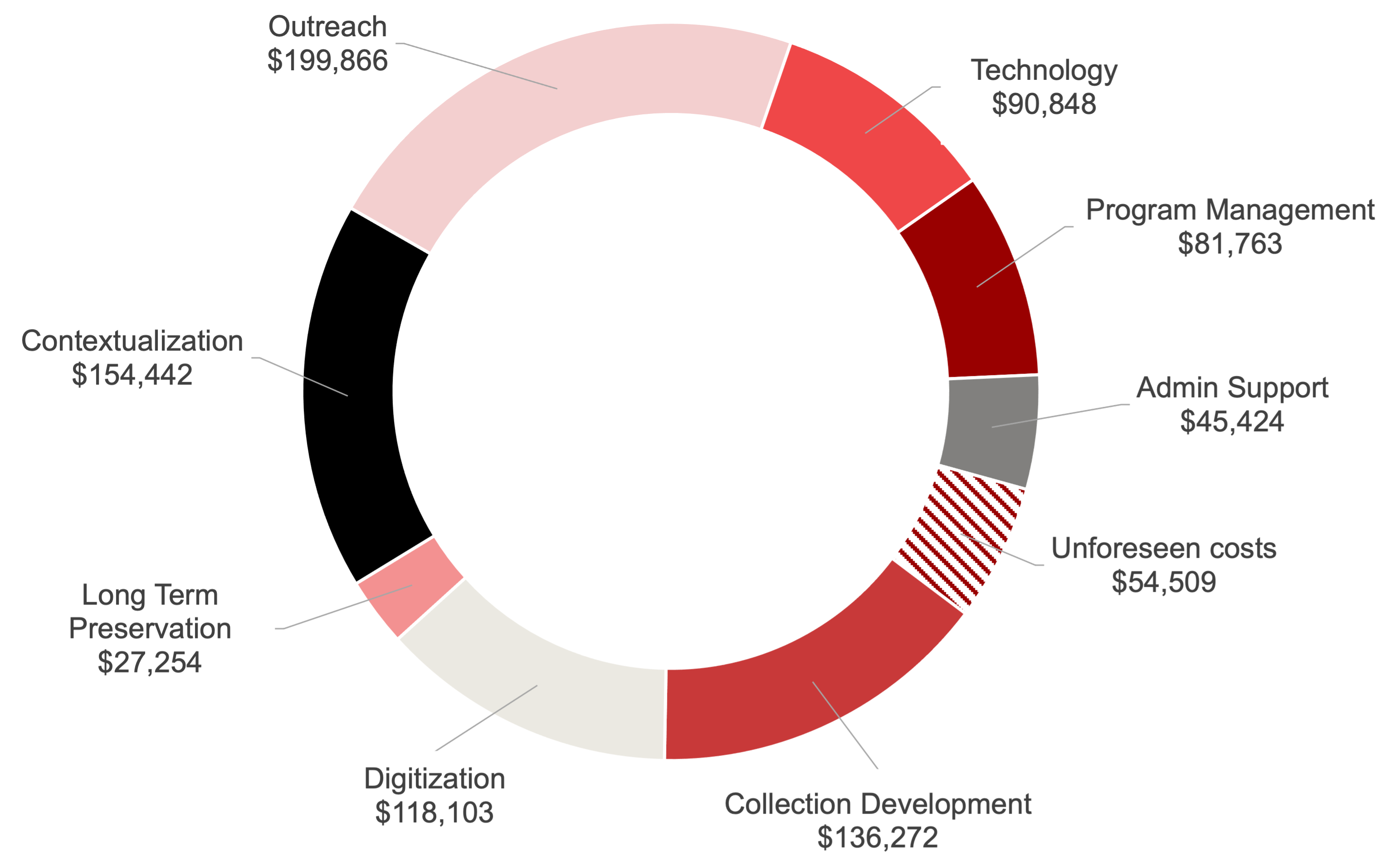Collection overview
Documenting White Supremacy and its Opponents in the 1920s brings together a comprehensive set of local, regional, and national newspapers published by the organized white supremacist group the Ku Klux Klan and sympathizers, alongside key anti-Klan voices from newspapers published by Black American, Catholic, and Jewish communities. The collection provides scholars with important documentary evidence of organized white nationalism in the 1920s along with the activity of organizations that actively resisted it.
Access to the collection
The collection is currently hosted on Reveal Digital’s legacy platform, which provides controlled access to funding libraries until fundraising is complete and the collection becomes freely available. Selected anti-Klan publications are now available to everyone.
Context
DWSO prevents erasure of organized white nationalism in the 1920s and of the activity of organizations that actively resisted it. It documents these historical events and centers the voices of those who worked to dismantle white supremacy.
Learn more about the collection’s context and read the purpose statement.
Collection name change
In April 2021, the name of the collection was changed from “Understanding Hate in America” to “Documenting White Supremacy and Its Opponents in the 1920s.” The change is a result of a deliberative six-month process through which we established and convened an advisory panel and interviewed many faculty and librarians experienced in working with culturally charged material.
Learn more about the process and our rationale.
Documenting White Supremacy and its Opponents in the 1920s advisory panel
In autumn of 2021, Reveal Digital convened two meetings of an eight-member advisory panel of librarians and scholars, all with experience tackling the complexities of preserving hard history. The mission for the panel was to advise us on whether we should continue publishing this collection, and if so, how best to enable the important scholarly work the content makes possible while mitigating harm the material might cause. We are immensely grateful for the open, deliberative, and insightful engagement each person brought to the panel.
- Dorothy Berry, Digital Curator for the Smithsonian National Museum of African American History and Culture
- Theresa Byrd, Dean of Libraries, University of San Diego
- Javanica Curry, Senior Director, Institutional Development and Strategic Partnerships, JSTOR
- Linda Gordon, University Professor of the Humanities, New York University
- Rebecca Hankins, Professor and Curator of Africana and Area Studies and Women’s & Gender Studies, Texas A&M University
- Felix Harcourt, Assistant Professor of History, Austin College
- Curtis Kendrick, Dean of Libraries, Binghamton University
- Scott Richert, Publisher, Our Sunday Visitor
Testimonials
“Leading members of the Catholic, Jewish, and Black communities in Chicago banded together to print Tolerance, which both offered its own pluralistic vision of patriotism and tried to undermine the organization by publishing secret Klan membership rolls. All worked to actively undermine the historical myopia surrounding the Klan that blinded many white Protestant journalists and to place the organization’s activities within the broader context of American racial and religious violence. These publications are of tremendous interest not only to historians of the period, but to all those concerned with the larger story of bigotry in the United States.” — Felix Harcourt, Assistant Professor of History, Austin College, author of Ku Klux Kulture: America and the Klan in the 1920s
“Historians, of course, will benefit from an open access digital collection of 1920s Klan newspapers, but students, public policy workers, government workers, and interested and informed audiences in general have much to learn from these publications…The Klan newspapers of the 1920s are a reminder of how current divisions over immigration, race, and citizenship are deeply embedded in American history.” — Thomas R. Pegram, Professor of History, Loyola University–Maryland, author of One Hundred Percent American: The Rebirth and Decline of the Ku Klux Klan in the 1920s
Content contributors
The following libraries have agreed to provide source material for scanning. We expect to add more libraries and archives over the course of the project.
- Atlanta History Center
- Central Michigan University
- Indiana State Library
- Indiana University
- Iowa State University
- Michigan State University
- Notre Dame University
- Samford University
- University of Chicago
- University of Illinois
- University of Kentucky
- University of Oregon
- University of Texas, Austin
- University of Washington
- Washington State Library
- Wisconsin Historical Society, Library-Archives Division
Funding
Funding libraries receive early access to the content as the collection is being built, and receive usage reports, MARC records, and regular progress reports. Learn about the options and benefits.
Funding tiers
| Library type | One-time payment |
| 2 yr colleges and smaller publics | $2,960 |
| Bachelors | $3,700 |
| Masters and large publics | $4,440 |
| Other Doctorate | $5,920 |
| ARLs | $7,400 |
Costs
